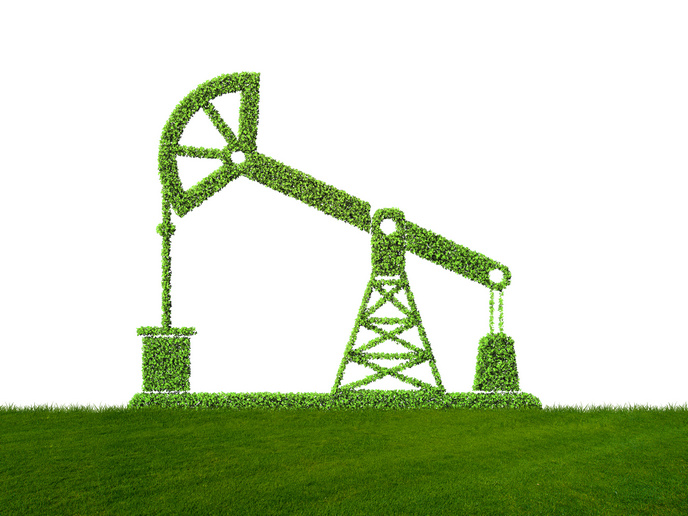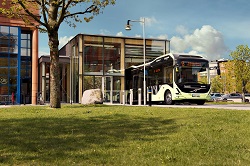The economics – and ethics – of energy
As the world’s most traded commodity, oil plays a key role in the global economy. But at the same time, it’s also a pollutant, one that is directly linked to climate change. Mitigating this climate change requires us to transition away from fossil fuels and towards renewable energy. However, such a transition means building substantial infrastructure, and doing that requires oil. How do you reconcile these overlapping needs? That’s what the EU-funded ENERGY ETHICS project intends to find out. “Our goal was to develop a new framework for understanding the relationship between oil, money, and climate change from a human angle,” says Mette High, a social anthropologist at the University of Saint Andrews(opens in new window) who led the project.
Gaining access to the oil and gas industry
A key challenge to the project’s work was gaining access to an industry notorious for not being very open. “When you are studying something that is politically sensitive and involves strong points of view, it is critical that you use an analytical framework that accommodates how different participants might make sense of the world,” explains High. While collaborating with those who may not share your own values and views isn’t easy, High believes doing so is more important than ever. “We simply cannot reach greater empathy and understanding of one another if we don’t get outside our own echo chambers,” she says.
The importance of trust and transparency in research
High was fortunate that when she launched the ENERGY ETHICS project, which received support from the European Research Council(opens in new window), she had already built a strong network of contacts within the oil and gas industry. This made it easier for her research team to build trust and rapport with the research participants. “Our research needed data, and you’re not going to get that information if your participants don’t trust you,” adds High. “That means being transparent about your intentions and involving your participants throughout the project – and beyond.”
Creating an effective, inclusive, and just energy transition
Speaking of the research team, the ENERGY ETHICS project was unique in that it brought together researchers from economics and ethics – two disciplines that are often found standing on opposite sides of the room. The core team, which included High, two PhD students, and two postdocs, was supported by a wider team of research assistants and administrators. Together, they produced two award-winning PhD theses, two soon-to-be published monographs, and nearly 40 other articles and outputs. According to High, some of these outputs have already had an impact on energy policy in Scotland and the UK. “By offering insights not just about energy, but also about the ethics of energy, we hope to help ensure that the energy transition is effective, inclusive, and just,” she adds.
The Centre for Energy Ethics
Perhaps the biggest outcome of the project has been the launch of the Centre for Energy Ethics(opens in new window). “The work we did during the EU-funded project made us realise that there’s a real need for a permanent, interdisciplinary centre of excellence at the crossroads of energy and ethics,” remarks High. Hosted at the University of Saint Andrews and launched in 2021, the Centre provides a rare platform for collaboration across the arts, humanities, and social and natural sciences. “It brings together our different disciplinary strengths as we pursue the guiding question of not only what can we do, but also what should we do in order to create a better energy future for us all,” concludes High.







